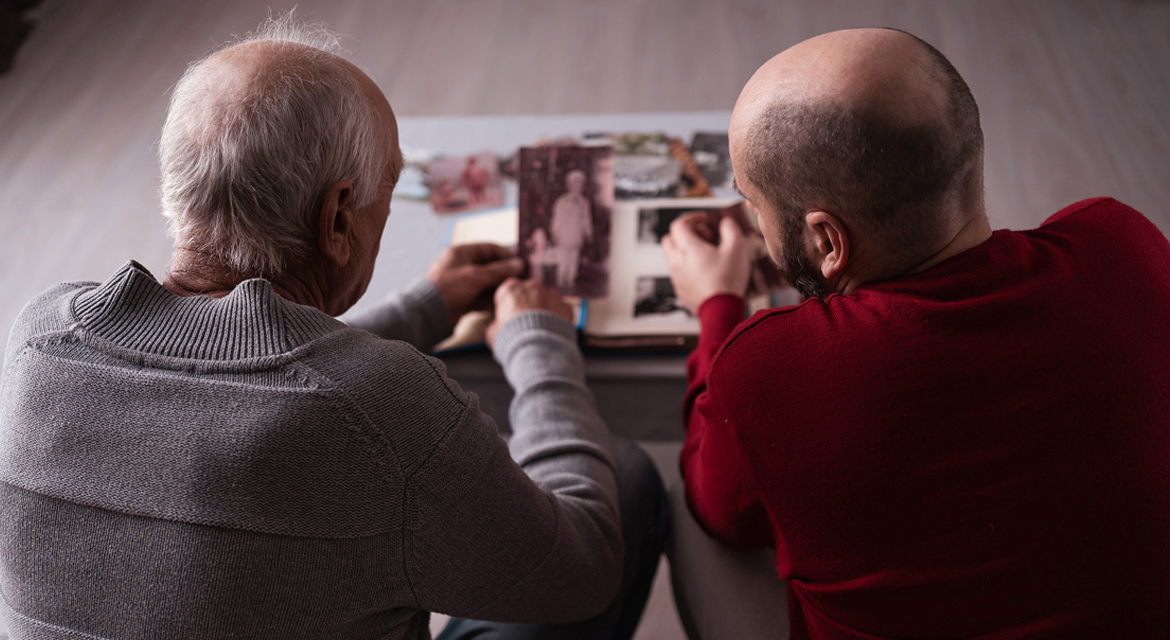For many adults, life’s later years are a time to relax and enjoy friends and hobbies. But this stage of life can also bring challenges, including declining health and finances. Instead of the hoped-for independence that comes with retirement, many older adults end up relying on family for care — frustrating for them and overwhelming for caregivers.
As Americans live longer, caregiving demands — and tensions — can grow.
When a recent study revealed a 300% rise in elder abuse among the metro New York area population, we knew we had to step up and ease the burdens of struggling caregivers before their stress became too much to handle.
That’s why UJA established the Family Caregiver Assistance Program (FCAP). Partnering with organizations like JASA, Metropolitan Council on Jewish Poverty, New York Legal Assistance Group (NYLAG), The Harry and Jeanette Weinberg Center for Elder Justice, Weill Cornell Medicine, and the Shomer Collective, we’ve provided more than $1 million in grants to support approximately 400 unique families, a number of whom have received assistance on multiple occasions. Funding has also enabled FCAP to host numerous community trainings.
Most caregivers discover FCAP when they approach one of the participating agencies themselves in search of help.
